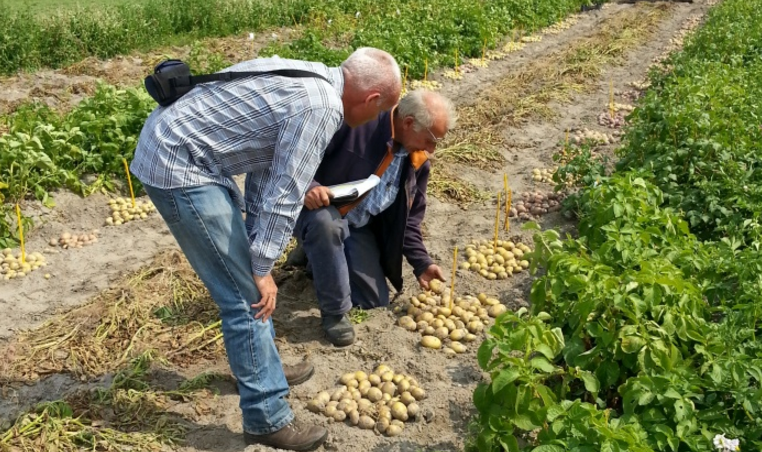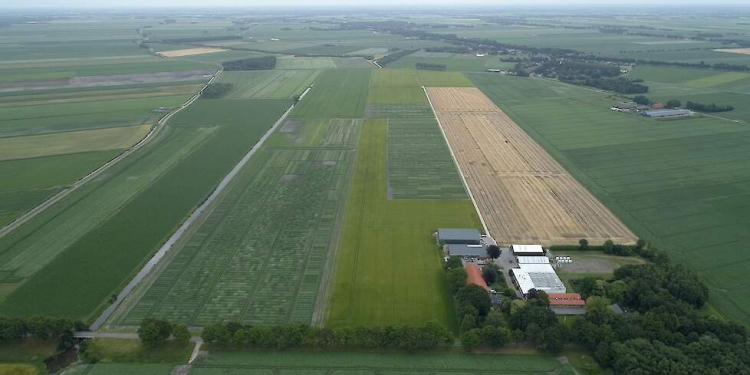The hybrid potato breeding company Solynta will work on hybrid breeding of starch potato varieties together with Averis, a subsidiary of Royal Avebe. “After the success of hybrid breeding in the ware potatoes, it is now time for the starch potatoes.”
That says Johan Hopman, Breeding & Research manager at Averis. With hybrid breeding, new sustainable potato varieties can be developed faster than with conventional breeding.

In imitation of corn
Hybrid breeding means that separate sire and dam lines are bred with specific traits through inbreeding. Crossing those parent lines creates offspring with those specific traits. This form of breeding leads to faster progress. For example, hybrid breeding has been common in maize for much longer.
Varying weather and resistances
Averis and Solynta see hybrid breeding as an important asset for making starch potato cultivation more sustainable. With hybrid breeding, resistant varieties are less sensitive to changing weather conditions and potato diseases such as phytopthora, which can quickly adapt to resistances. By growing better varieties faster, less use of crop protection agents is required and the yield can increase with better utilization of fertilizers.
Invested 12 years
Solynta, based in Wageningen (GD), worked for 12 years on hybrid technology that allows faster breeding by better controlling progress in varietal characteristics. The company uses the brand name Hybrid True Potato Seeds (HTPS) for the (non-GMO) breeding technology.







